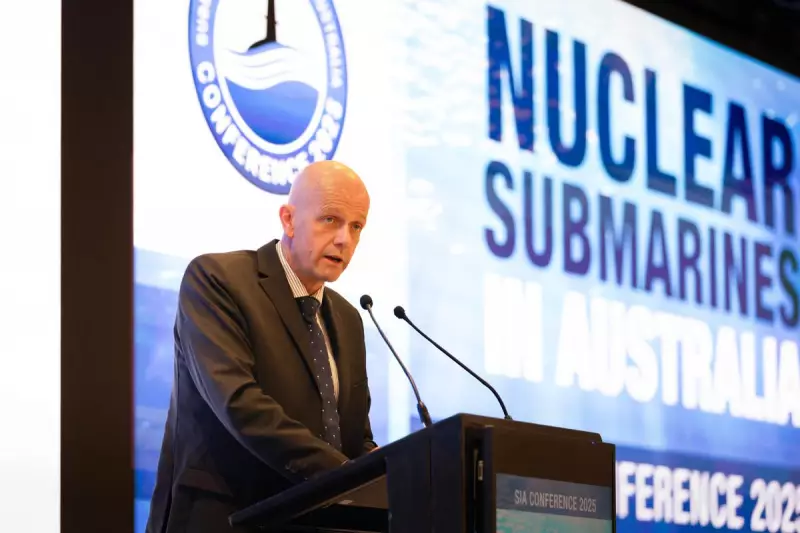
A senior Australian defence official has delivered a startling comparison for the nation's planned acquisition of US Virginia-class nuclear submarines, warning the multi-billion dollar purchase carries similar risks to buying a used car.
Used Car Warning for Submarine Fleet
John Chandler, the deputy secretary for AUKUS naval shipbuilding, told a parliamentary inquiry that Australia faces significant challenges in acquiring the advanced submarines from the United States. Chandler likened the complex procurement process to purchasing second-hand vehicles, highlighting concerns about maintenance history and operational readiness.
The defence official appeared before the Senate estimates hearing on Monday, where he expressed serious doubts about the timeline for submarine delivery. Australia plans to acquire at least three Virginia-class submarines from the US in the 2030s as part of the landmark AUKUS security pact between Australia, the United Kingdom and the United States.
Timeline Concerns and Maintenance Challenges
Chandler revealed that the first Virginia-class submarine might not arrive until the early 2030s, with subsequent vessels following later in the decade. This timeline depends entirely on US production capacity and maintenance schedules, creating significant uncertainty for Australia's defence planning.
The comparison to used cars stems from concerns about the submarines' service history and maintenance records. "When you buy a used car, you want to know how it's been treated," Chandler explained to senators, emphasizing the importance of understanding each vessel's operational background before committing to purchase.
Australia faces additional complications in establishing the necessary maintenance infrastructure and skilled workforce to support the nuclear-powered vessels. The defence department must create entirely new facilities and training programs to handle the advanced technology, representing one of the largest capability challenges in the nation's history.
AUKUS Partnership Under Pressure
The Virginia-class submarines represent a critical component of Australia's future defence strategy, intended to bridge the capability gap until the new AUKUS-class submarines, developed jointly with the UK, become operational. However, the entire program faces multiple pressure points, including US production bottlenecks and workforce shortages.
American shipyards are currently struggling to meet both US Navy demands and international commitments, raising questions about their ability to deliver submarines to Australia on schedule. The complex nature of nuclear submarine technology means that even minor delays can have cascading effects throughout the acquisition timeline.
Despite these challenges, defence officials maintain that the AUKUS partnership remains essential for Australia's long-term security. The acquisition of nuclear-powered submarines will provide the Royal Australian Navy with capabilities far beyond its current Collins-class fleet, including extended range, endurance and stealth characteristics.
The used car analogy serves as a stark reminder of the practical realities facing Australia's ambitious defence modernization plans. As Chandler's testimony made clear, acquiring advanced military technology involves navigating complex international partnerships, technical challenges and uncertain timelines that demand careful management and substantial investment.





